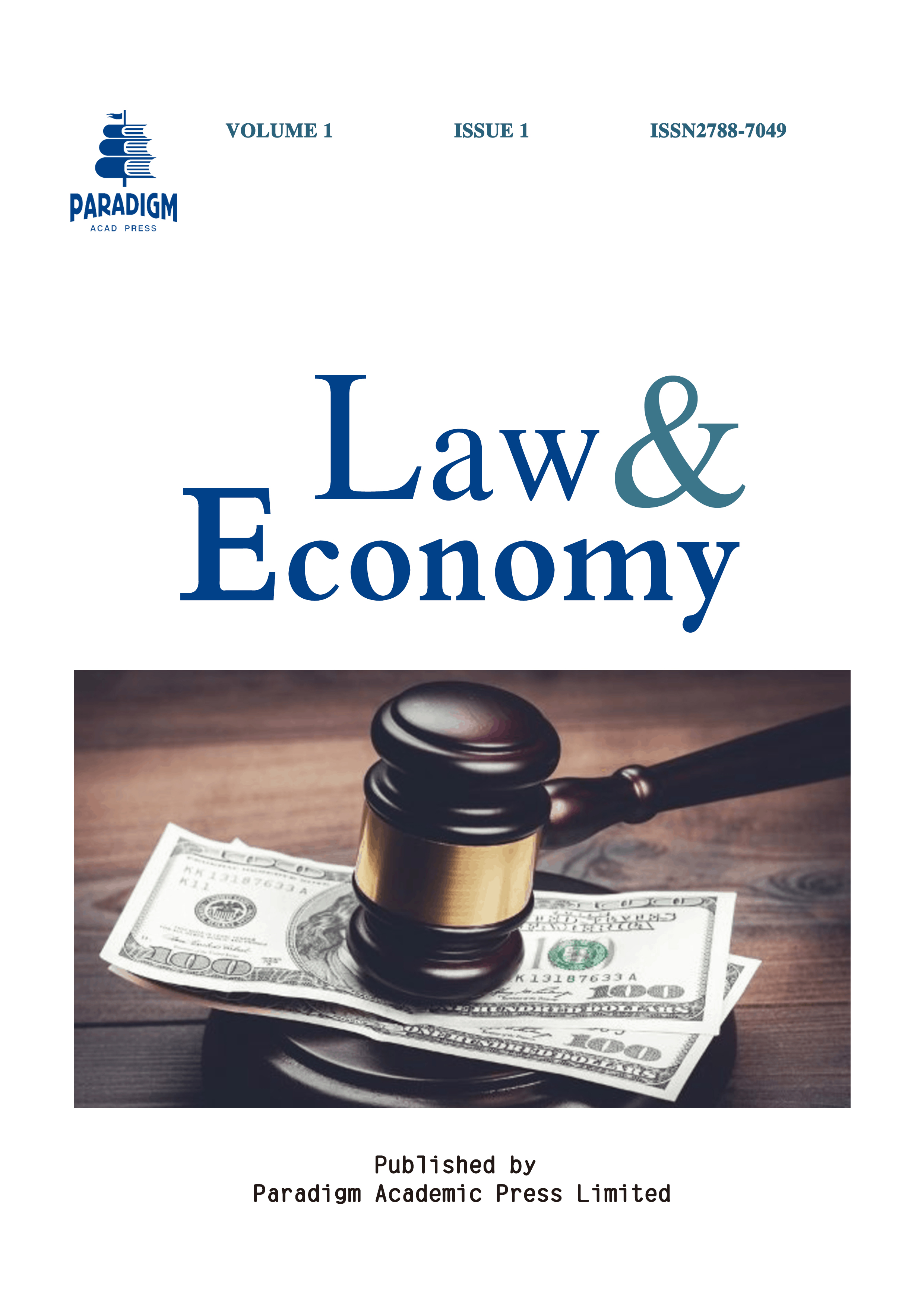The Study of Interest Rate Liberalization and Bank Performance — An Empirical Analysis Based on Listed Banks in Jiangsu Province
Keywords:
interest rates, marketization, non-performing loan ratio, return on total assets, performanceAbstract
In the modern economic system, interest rates are key economic variables that not only reflect the cost of capital but are also closely related to market-oriented reforms, profoundly impacting the entire economy. This study focuses on the effects of interest rate fluctuations on the performance of listed banks, conducting an in-depth analysis of data from nine listed commercial banks in Jiangsu Province from 2012 to 2020. Utilizing qualitative, quantitative, and comparative analysis methods, this research explores the specific impact of interest rate liberalization on bank performance. It was found that interest rate liberalization has a significant negative impact on the overall performance of commercial banks, especially on city commercial banks. Furthermore, the nominal interest spread positively affects the performance of both types of banks, but its reduction has led to a more passive banking operation. In summary, interest rate liberalization has lowered banks’ return on assets and increased operational risks. Currently, commercial banks in Jiangsu Province are still adapting to the challenges of market-oriented reforms.


